31 March 2026
-
2 April 2026
IN-PERSON (INTERNATIONAL)
UNIVERSITY OF NOTTINGHAM, UK & ZOOM & BLUESKY
VENUE
Birds and people: challenges and opportunities of coexistence
Programme
Registration
Registration is now open. Early-bird rates available until 16 February 2026. Registration closes 16 March 2026.
If you need financial support to attend, please see notes at the bottom of the registration page. Attendance support is available via BOU Member Conference Attendance Grants and there are additionally a limited number of free places for BOU Low- and Middle-income Country members.
View registration rates and register
BOU Member Conference Attendance Grants
Alfred Newton Lecture
The Alfred Newton Lecture is the BOU’s prestige lecture delivered by an internationally renowned figure on the theme of the annual conference.

Claire Spottiswoode
Pola Pasvolsky Chair in Conservation Biology, FitzPatrick Institute of African Ornithology, University of Cape Town, South Africa
Co-Director of the Max Planck–UCT Centre for Behaviour and Coevolution
Claire Spottiswoode is a South African evolutionary ecologist, studying birds in Africa. She has been hooked on natural history since childhood, and is especially fascinated by species interactions. Her two main areas of research, together with her team, are coevolution between brood-parasitic birds and their hosts, and mutualism between honeyguides and the human honey-hunters with whom they cooperate to gain access to bees’ nests. Both projects rely on close cooperation with communities in Zambia and Mozambique. Claire works at the FitzPatrick Institute of African Ornithology at the University of Cape Town in South Africa, where she is also Co-Director of the Max Planck–University of Cape Town Centre for Behaviour and Coevolution. She is also Honorary Professor of African Evolutionary Ecology at the University of Cambridge, UK.
Keynotes
View Alfred Newton Lecture and Keynote abstracts
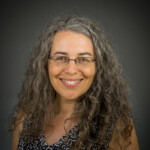
Caren Cooper
North Carolina State University, USA
Is the British love of birds what has made citizen science so great and so problematic?
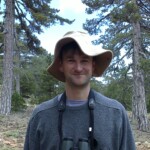
Will Cresswell
University of St Andrews, UK
Understanding how disturbance affects birds is crucial to their conservation
xxxxx
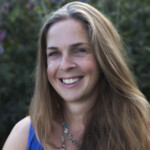
Zoe Davies
University of Kent, UK
Getting a wellbeing boost from birds
xxxxx
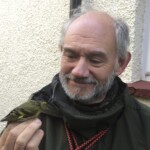 Andrew Gosler
Andrew Gosler
University of Oxford, UK
Ethno-ornithology: science and society in dialogue
xxxxx
xxxxx
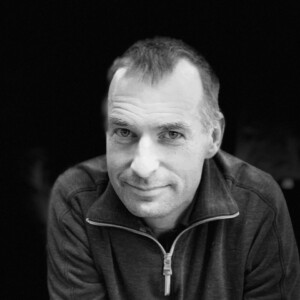 Greger Larson
Greger Larson
University of Oxford, UK
The origins, dispersal and evolutionary history of chickens
xxxxx
xxxxx
 Chevonne Reynolds
Chevonne Reynolds
University of the Witwatersrand, South Africa
Who gets to see urban birds? Environmental inequality in African cities
xxxxx
xxxxx
Houghton Trust Keynote Speaker

xxxxx
xxxxx
xxxxx
The Houghton Trust Keynote Lecture is kindly sponsored by The Houghton Trust, promoting research into avian diseases. Read more about The Houghton Trust here.
 Ian Brown
Ian Brown
The Pirbright Institute, UK
Complex interplay between birds, humans and the environment for modern disease threats
View Alfred Newton Lecture and Keynote abstracts
Aims and scope
Relationships between birds and people are manifold. Positively, bird species survival can be assisted by people – the crucial conservation of species and their habitats demands people’s skills, time and money – while people can also be helped by birds, for example through pest control, or by providing the health and wellbeing benefits of nature connection gained through watching, feeding or listening to birds. However, there are also negative relationships as birds can cause damage to human resources, for example, crops, livestock and transport, plus people harm birds, for example through spreading disease, hunting and recreational disturbance. With climatic, political and economic pressures changing the environment for both birds and people throughout the world, it is crucial that we understand more about how to navigate these relationships for the benefit of all. In this conference, we examine the complexities of the relationships between birds and people to understand more about how birds and people can live together. We will provide an optimistic note for the future of birds and their people by hearing about recent conservation successes while learning more about the current anthropogenic threats they face. We will hear about the latest science on minimising the challenges birds may pose to human interests and maximising the benefits they provide. By drawing on science and research from around the world, the conference aims to provide an insightful look into bird-people relationships and provide inspirational ideas about how we can coexist in the future.
Human-bird conflicts and how to mitigate them:
- e.g., hunting, impacts on crops & fisheries, disease, renewables, nuisance, development, pollution.
- Examples of win-win strategies that mitigate these conflicts equitably and engagedly.
Understanding and accessing the benefits of birds to people:
- e.g. services and nature-based solutions involving birds.
- How to quantify benefits and how these are recognised and valued by people e.g. pollination, food for people, seed dispersal, arts, health and wellbeing insect control.
The cultural and social importance of birds and how these shape people’s views/interactions with birds:
- e.g. bird watching, bird feeding, and specific species of cultural and symbolic significance (myths, arts, religion).
Inclusivity and equality in ornithology:
- e.g., limitations to engagement and barriers to birding, how barriers have been addressed, what has helped enable people from underrepresented audiences to engage in ornithology.
- What makes ornithology appealing e.g. through citizen science and educational practices
Species conservation successes:
- Species-specific achievements and their impact.
- Stories of being bird conservationist – challenges and opportunities.
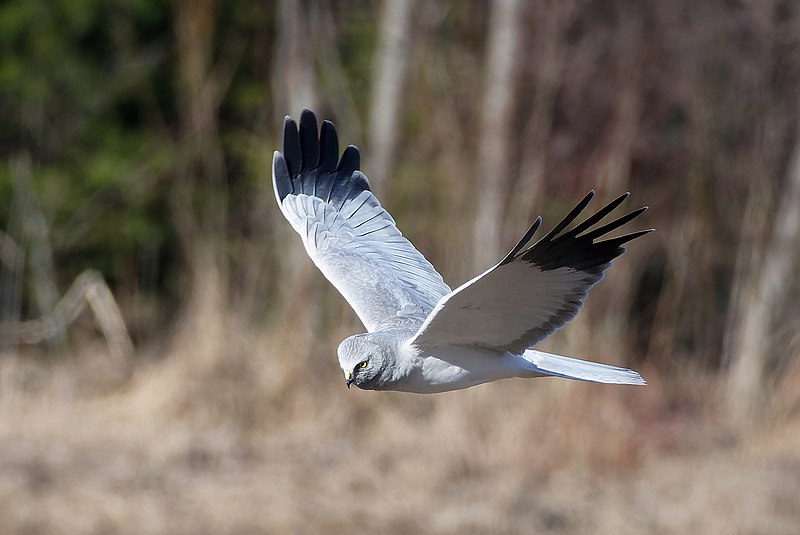
Parallel conference format
The BOU aims to run inclusive and accessible events. One way we seek to achieve this is by delivering our conferences in parallel on a freely accessible social media platform. From 2025 onwards, this has been Bluesky.
All presenters at our conferences will be invited to post a summary of their presentation on Bluesky, and will be provided with helpful guidelines to support them in doing so. No conference registration, or Bluesky account, is required to view these presentations.
Social media has broadened the reach of our conferences, attracting a significantly larger and more diverse audience than meetings without this element.
View previous BOU conferences on Bluesky
Scientific Programme Committee
Nishant Kumar | Ambedkar University Delhi & National Centre for Biological Sciences (TIFR), Bengaluru, India & University of Oxford, UK (Chair)
Tatsuya Amano | University of Queensland, Australia
Kristina Beck | Senckenberg Research Institute, Germany
Joelene Hughes | RSPB, UK & BOU Meetings Committee
Barry McMahon | University College Dublin, Ireland & BOU Meetings Committee
Alice Risely | University of Salford, UK & BOU Meetings Committee
Umesh Srinivasan | Indian Institute of Science, India
Image credits
Red-billed Quelea | I’ve Got It On Film! CC BY 2.0 Wikimedia Commons
Kea | Jens Bludau CC BY-SA 3.0 Wikimedia Commons
Hen Harrier | Александр Чегодаев CC0 Wikimedia Commons

